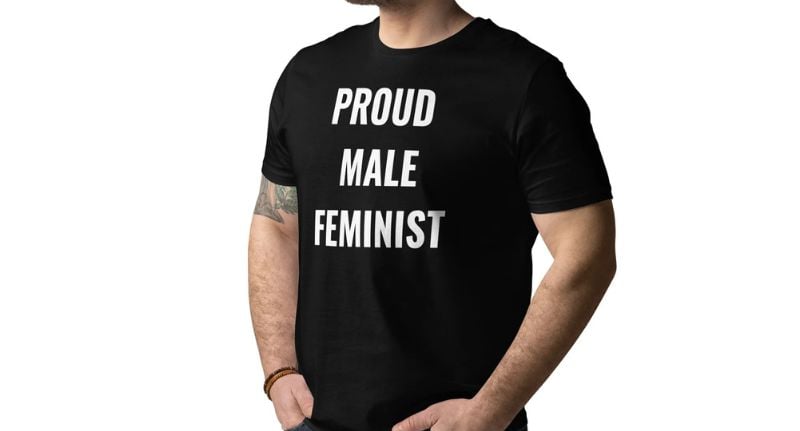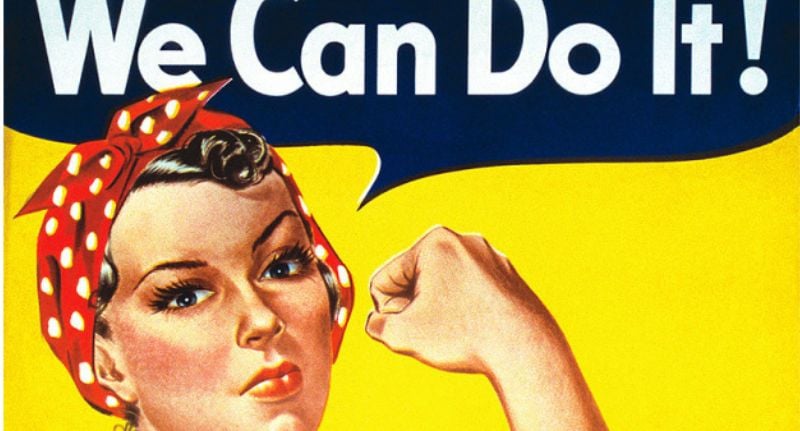Women keep disappearing from advertising right when they hit their stride because the business model is broken, according to Bodacious founder Zoe Scaman.
She told the inaugural cohort at Wade Kingsley’s mentoring program Creative Women that everyone is “competing in this great grey soup of commodified offerings.”
“It’s a f***ing mess out there,” she said.
“Most junior talent can’t even afford to enter the industry. Mid-level talent is leaving for tech, for startups, for literally anywhere that pays better and respects them more. Senior talent is getting quietly managed out or made redundant every quarter.
“And the people still here are burned out, disillusioned, or too scared to leave. Working on pitches they know they won’t win. Selling work they don’t believe in. Watching margins get squeezed while being told to do more with less.
“No one knows what the role of an agency is anymore. Including us.”

A business model built on sacrifice
Scaman said thriving in an industry built on exhaustion has always come at a human cost. “Complete surrender. Unlimited availability. People as resources to burn,” she said.
“And it left no room for those who couldn’t – or wouldn’t – offer themselves up to the flames. That was disproportionately women.”
She noted how caregiving and biological realities often clash with a system that never slows down. “Women with children, ageing parents, or health needs – those who set boundaries – were seen as less committed,” she said.
“It’s not about fragility,” Scaman added. “It’s about a system designed for people without caregiving roles, without biological realities, and without regard for anything beyond the work.”
Sexism in a feminist t-shirt
Scaman said women learned to work through exhaustion, grief and illness.
“Women learned to be grateful for less. To accept lower offers and call them opportunities. To stay in situations that harmed us because we couldn’t afford to do otherwise,” she said.
“The economic devaluation wasn’t really about money. It was about control. About making sure we never had enough power to leave.
“And while we were trapped by economics and extraction, the discrimination shape-shifted.
“Fifteen years ago it was overt. The harassment was explicit. ‘Can’t you take a joke?’ when you didn’t laugh at something degrading. Being called a bitch for having an opinion.
“These days it’s no longer that overt. Which doesn’t mean it’s gone. It means it got smarter. Sexism learned to speak fluent feminism. Misogyny put on progressive credentials. And that makes it more dangerous because now you can’t point at it without sounding paranoid.”
Too relevant to be retained
Scaman said motherhood is too often viewed as a professional weakness rather than a strength.
“Never as evidence that you can manage impossible complexity, prioritise under brutal pressure, and lead with the kind of empathy that actually builds cultures people want to stay in,” she said.
She pointed out that women tend to “vanish” after 40, even those who once dominated their fields. “The brilliant woman who was everywhere suddenly isn’t. The industry decided she was over the hill, past her prime, no longer culturally in-tune.”
For Scaman, it’s not about losing relevance – it’s about being punished for having too much of it.
“We watch women with two decades of pattern recognition get moved aside for someone’s 28-year-old protégé. Not for losing relevance. For gaining too much of it.”

Unlearning the lie
Scaman said the current system is collapsing, and the only way forward is to build something entirely new. Advertising, she argued, is in urgent need of reinvention.
“Clinging to old models isn’t going to bring them back,” she said. “The faster you can unlearn what worked before and start fresh, the faster you can build what works now.”
She described the industry’s traditional model as a “lie” – one built on illusions of stability and belonging.
“Permanent employment that isn’t permanent. Retainers that don’t retain anyone. Full-time commitment that demands more than full-time hours. And a culture that still treats work as identity, agencies as family, and self-destruction as the price of admission.”
Looking ahead, Scaman said the next era must reflect how people actually live and work. That means recognising portfolio careers, gig work, and talent that moves fluidly between disciplines – people who bring expertise in creativity, AI, culture, systems and coordination.
“It means humane agreements that don’t require human sacrifice,” she said.
“Where you can work intensely on a project without giving up your life. Where you can contribute meaningfully without being available 24/7. Where compensation reflects actual value, not just tenure or negotiation skill.”
Women using AI differently
Scaman said artificial intelligence is already transforming the industry, from automating parts of media buying to generating creative work at scale. But she believes women approach AI differently, shaped by how they experience power, bias and risk.
“Women are more likely to use AI differently, because we experience power and risk through an alternative lens,” she said.
For Scaman, AI isn’t just a production tool – it’s a mirror. “I use it to interrogate my own patterns,” she said.
“To show me how my thinking has evolved, what I’ve abandoned and why, and what blind spots I keep hitting.” She also uses it to “stress-test arguments before they meet reality,” not to validate her ideas but to uncover what she can’t yet see.
That instinct, she added, might come from experience. “Maybe women are more likely to do that because we’ve spent our whole careers having our thinking questioned, our assumptions challenged, our perspective dismissed as biased while male perspective got called ‘objective’.”
An industry worth inheriting
Scaman said true mentorship is about making sure the next generation doesn’t have to navigate the system alone.
It’s about passing down hard-earned lessons from the margins and turning “outsider literacy” into a shared strength.
“When women pass down what we learned by being pushed to the margins. When outsider literacy becomes the operating system everyone needs. When we teach people to read power structures, not just navigate them. To build new forms, not fix broken ones. To unlearn without shame. To design work that doesn’t require sacrifice. To use AI to sharpen, not replace,” she said.
She believes this kind of mentorship can redefine what the industry values.
“That’s how we build something worth inheriting – something that values wisdom over youth. That understands sustainability over extraction. That designs for humans, not machines.”
For Scaman, the goal is legacy through visibility.
“Because when women stop disappearing – when we pass down what we know deliberately, strategically, collectively – everything changes.”

